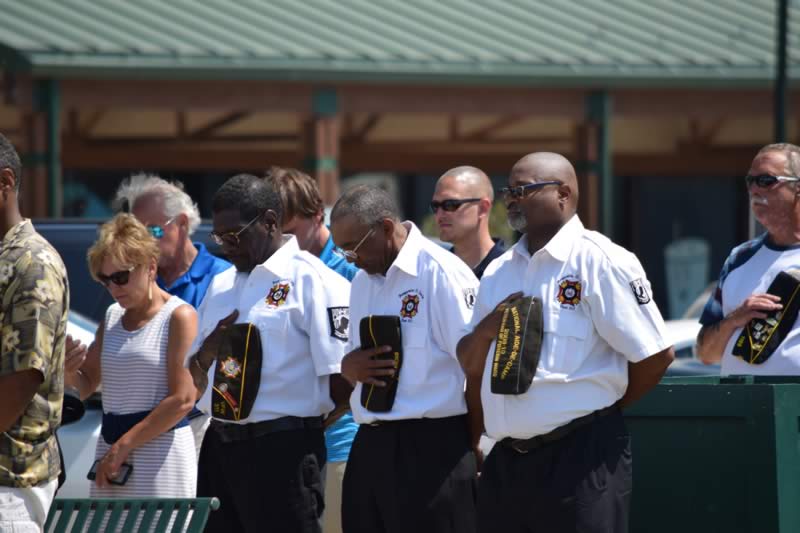Washington, DC—(ENEWSPF)—March 24, 2014. The Department of Justice filed a lawsuit today against Con-Way Freight Inc. alleging that the company violated the Uniformed Services Employment and Reemployment Rights Act (USERRA) by failing to promptly reassign Naval Reservist Dale Brown to his former position as a driver with appropriate seniority once he notified the company that he had fully recovered from a temporary service-related medical disability.
According to the complaint, filed in the U.S. District Court for the Northern District of Illinois, Brown began working for Con-Way on Nov. 9, 1987, as a driver sales representative (DSR). In 2006, Brown was working at Con-Way’s Rock Island, Ill., facility when he deployed for active duty. While in Iraq, Brown suffered a serious shoulder injury in a truck accident during a night mission and returned to Con-Way in 2009 following an honorable discharge. Con-Way placed him in a lower-paying position due to medical restrictions that prevented him from returning to the DSR position. By 2012, Brown had made a full recovery and notified the company that he was able to resume work as a DSR without medical restrictions. Con-Way refused to return Brown to the DSR position and instead made him apply for open positions as they became available. Months later, Brown was eventually hired as a DSR, but, Con-Way treated him as a new employee with no seniority to bid on assignments. As a result, Brown effectively received a 40 percent reduction in pay compared to what he was earning as a DSR prior to his military leave. He also no longer has a regular work schedule because his seniority was not restored upon resinstatement and he must call in each day to see if and for how long he will work on a given day.
USERRA obligates employers to promptly reemploy returning servicemembers and place them as near as possible in the position that they would have been in absent military service, or a position of similar seniority, status and pay. For servicemembers like Brown who return with a service-connected disability, the reemployment obligation extends to providing accommodations to the servicemember, which can include a temporary position until the servicemember has recovered and is able to return to his or her proper reemployment position. Contrary to these requirements, Con-Way violated USERRA by treating Brown as a newly hired DSR, with no accrued seniority, rather than placing him in the position that he would have held had he not served his country and suffered a serious and debilitating injury that required temporary accomodation.
The lawsuit seeks an adjustment to Brown’s seniority date as a DSR to his pre-deployment date with back wages for Con-Way’s six month delay in reemploying Brown once he asked for reinstatement as a DSR following his medical clearance, and his inability to bid on desirable shifts and routes due to his lack of seniority.
“Employers have a legal obligation under USERRA to accommodate servicemembers who suffer a disability while serving their country,” said Acting Assistant Attorney General Jocelyn Samuels for the Civil Rights Division. “The Civil Rights Division is committed to protecting the rights of those who have served their country through military service.”
This case stems from a referral by the U.S. Department of Labor (DOL) following an investigation by the DOL’s Veterans’ Employment and Training Service. The case is being handled by the Employment Litigation Section of the Civil Rights Division.
Additional information about USERRA can be found on the Justice Department website’s Servicemember page and Employment Litigation Section page, as well as on the DOL website.
Source: justice.gov








